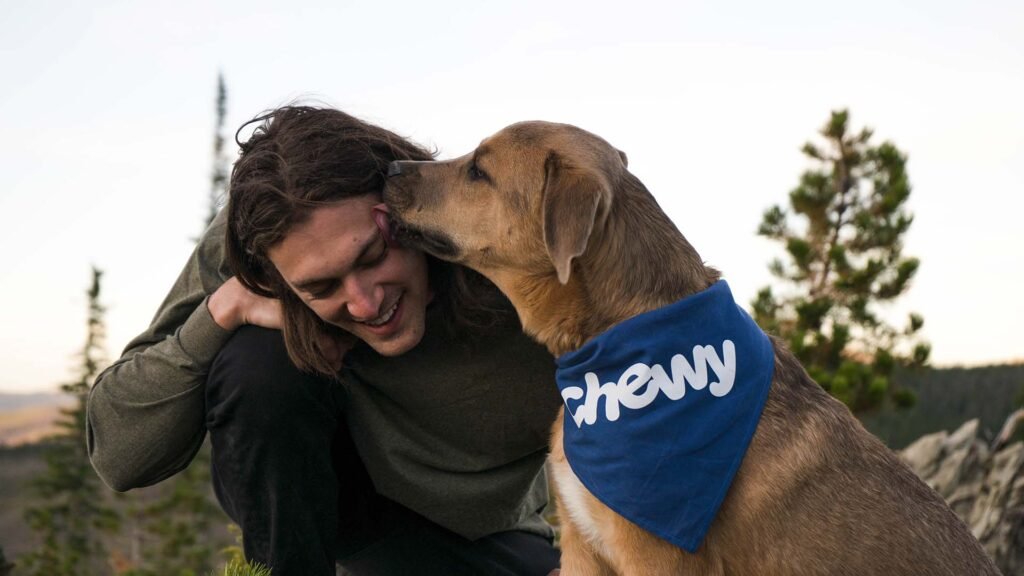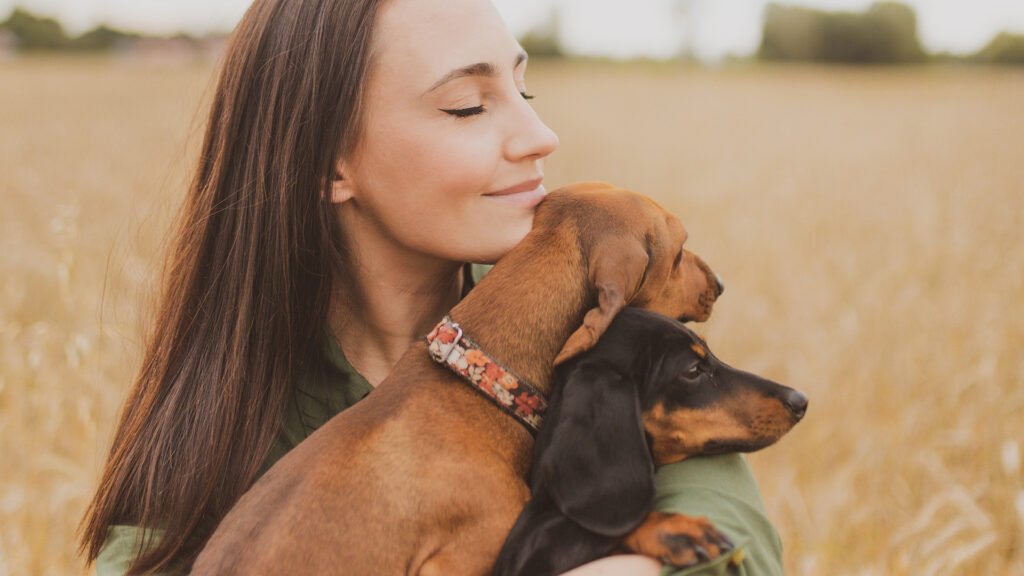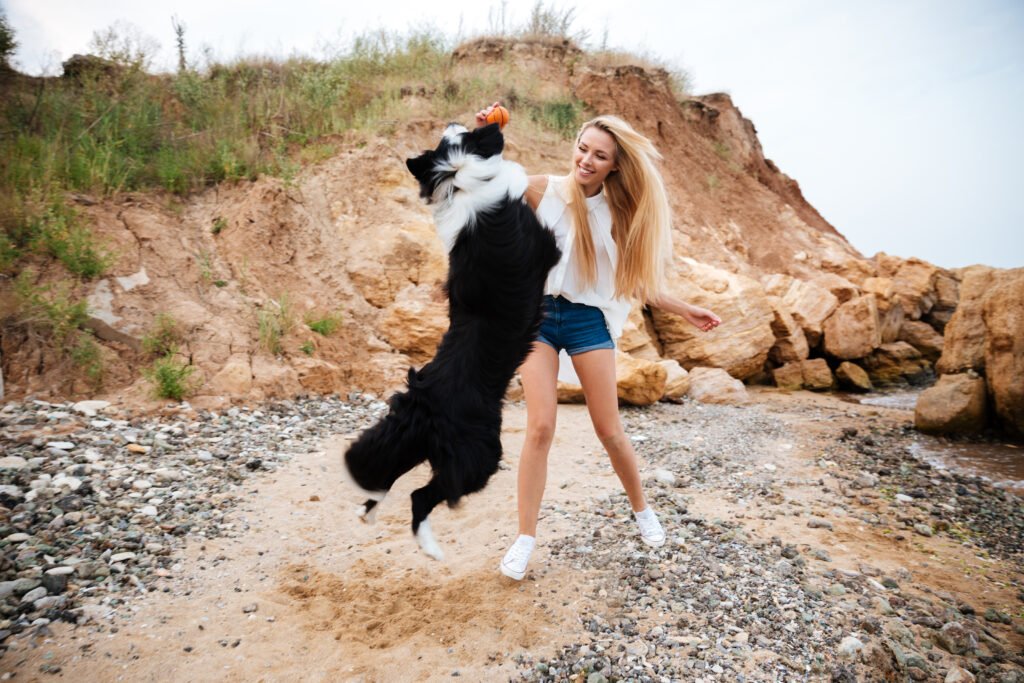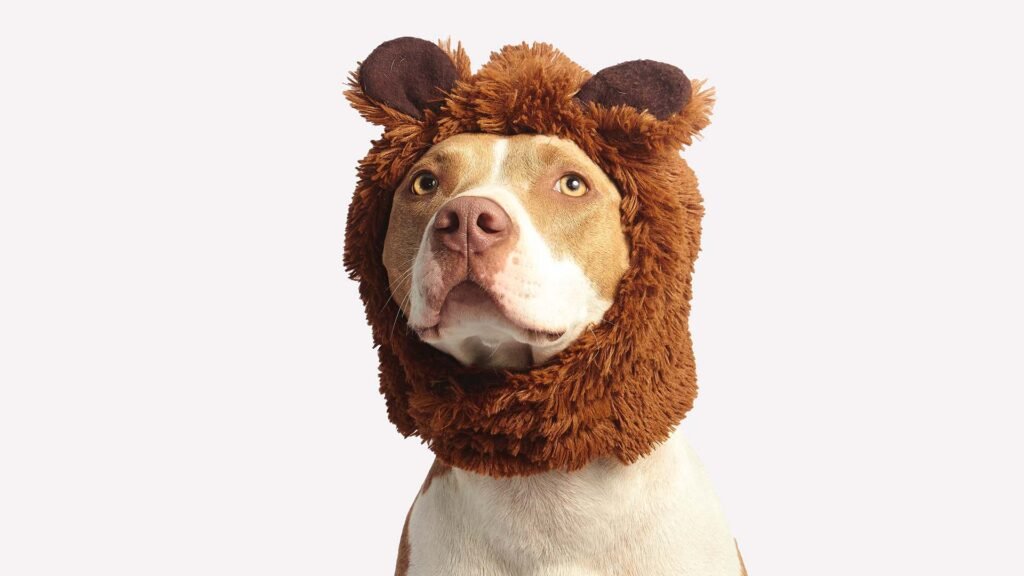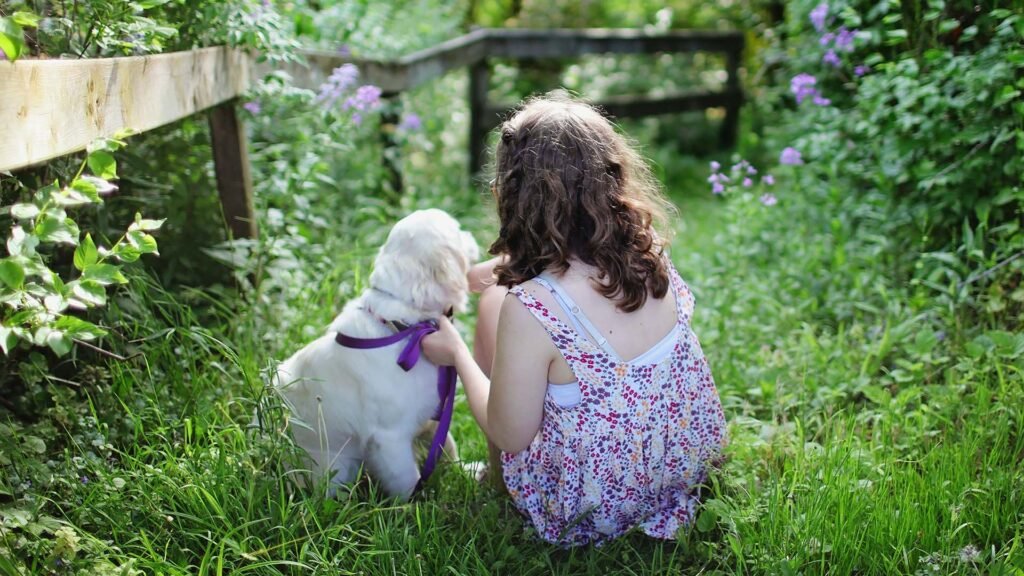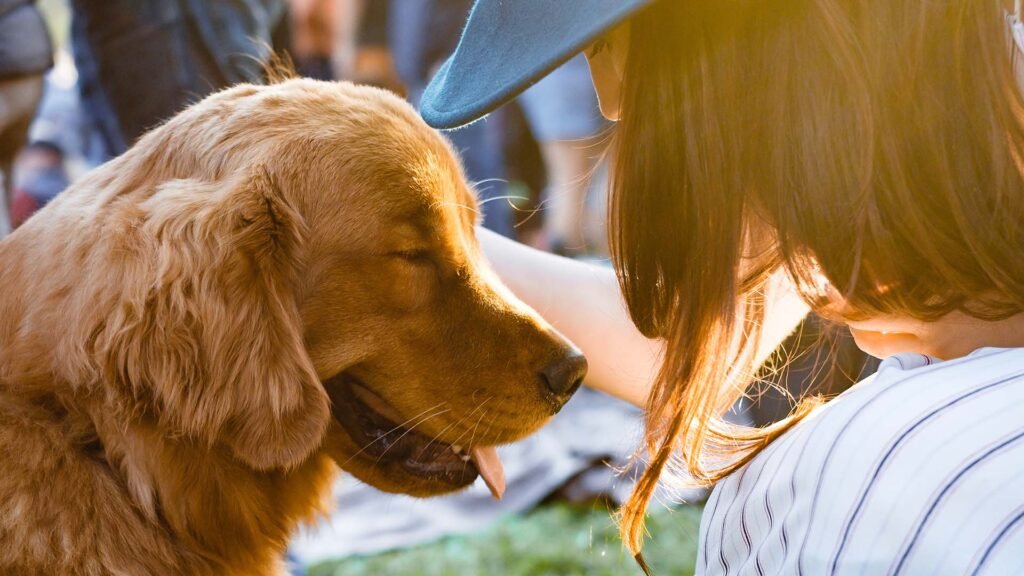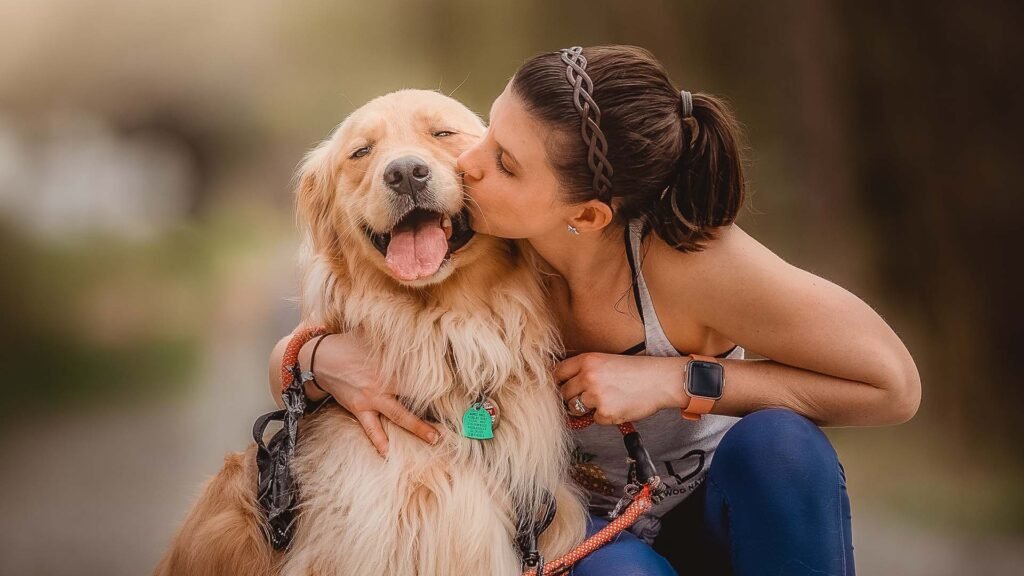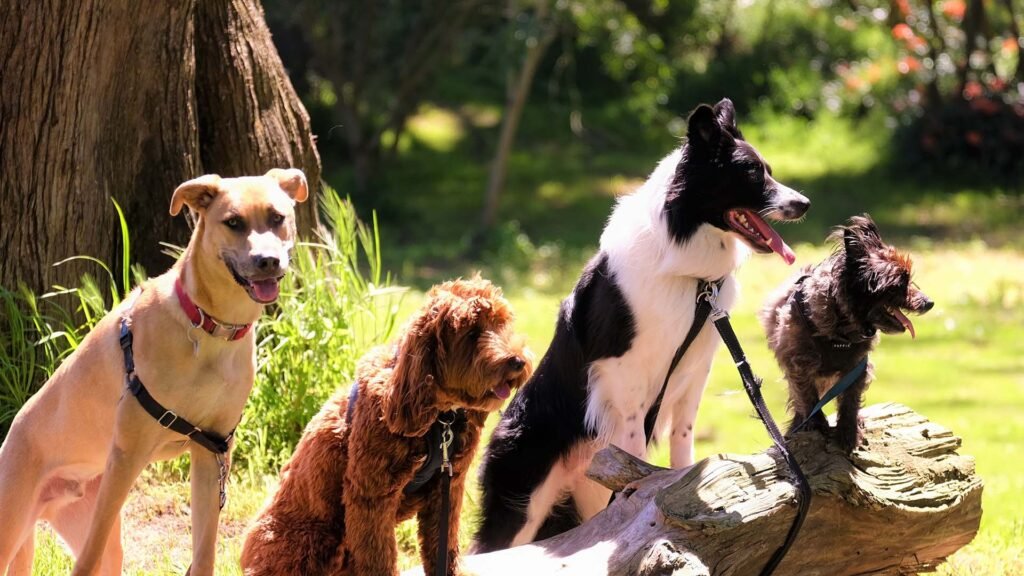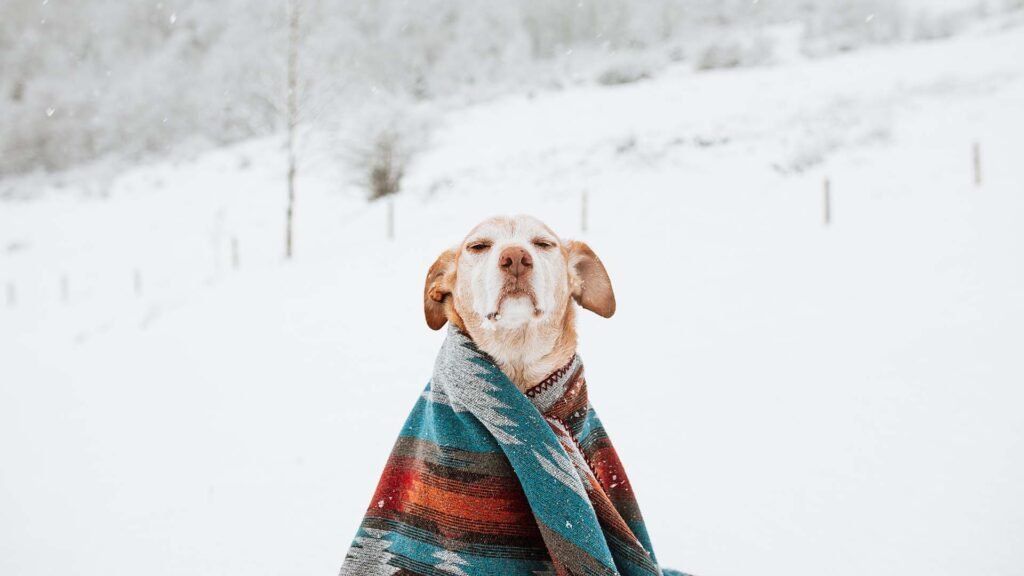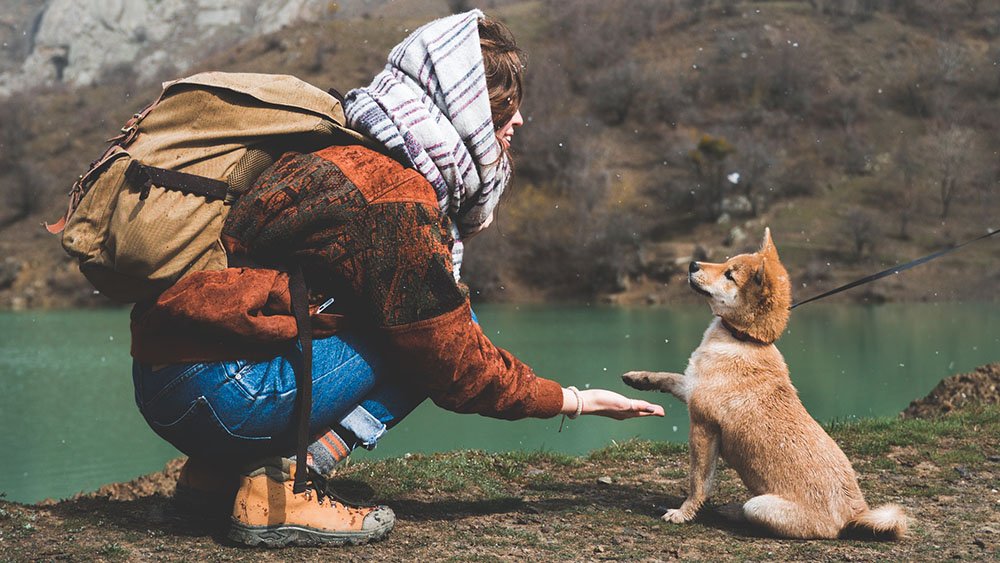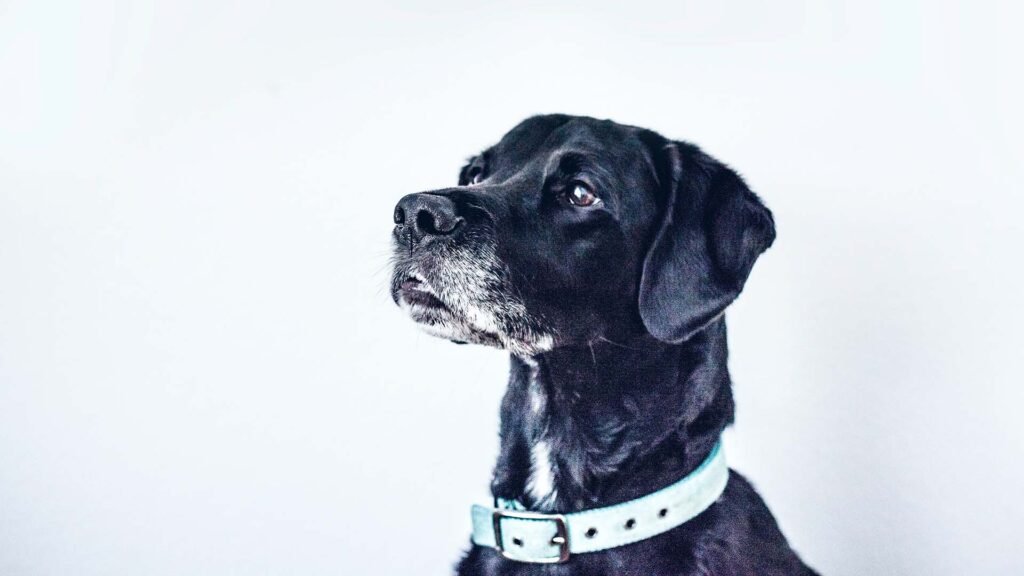Dogs have been by our side as loyal companions for centuries, but why are they so loyal? Scientists believe that the answer lies in the way dogs evolved.
Dogs are descendants of wolves, and scientists believe that early humans domesticated them for hunting and protection. In return, dogs received food and shelter from humans. This symbiotic relationship between humans and dogs led to a selective breeding process that favored those dogs who were more agreeable and easier to train.

Over time, this bred a new generation of dogs that was more tolerant of humans and better able to form bonds with them. Today, these bonds are what we call the “dog friendship.” And according to scientists, it’s this strong friendship that makes dogs such loyal companions.
The Science Of Smells: How Dogs Use Scent To Communicate
Dogs have an incredible sense of smell that allows them to communicate in ways that we cannot even begin to understand. Their noses are up to 100,000 times more sensitive than ours, meaning they can detect odors we cannot even perceive. This sense is so important to dogs that their brain devoted 30% of its cortex to processing smells, while our human brains only use 3%.

When dogs meet each other, they sniff each other’s faces and genital areas. This may seem rude to us, but it is actually how dogs exchange information about one another. They are able to learn things like what kind of mood the other dog is in, what they’ve been eating, and where they’ve been.
Dogs also use scent as a way to mark their territory.
Dogs are known for their keen sense of smell, but did you know that they also use scent as a way to mark their territory? That’s right, dogs have special glands in their feet that produce a unique scent. When they urinate or defecate, they release this scent onto the ground as a way of claiming the area as their own.
Not only does this help them keep track of where they’ve been and where they should go, but it also serves as a warning to other dogs to stay away. So next time you see your dog lifting his leg to pee, remember that he’s not just doing it to relieve himself – he’s claiming his turf!
The Power Of Touch: Why Dogs Need Physical Contact
There are few things more gratifying than coming home to a dog that is excited to see you. They jump, they wag their tails, they give you kisses – and sometimes they even bring you your slippers. What is it about dogs that make them so lovable? Part of it may be the power of touch.

Dogs need physical contact just like humans do. In fact, research has shown that dogs who receive regular, positive physical contact are healthier and happier than those who don’t. Physical contact can help reduce stress, lower blood pressure, and release feel-good hormones like oxytocin and dopamine.
So next time you’re feeling down, or just need a break from work, consider spending some time with your furry friend. You might just be surprised at how good it makes you feel.
Visual Cues: How Body Language Affects Dog Friendships
When two dogs meet, they will often “sniff out” each other to get a sense of who the other is. This is because dogs communicate through scent much more than they do through sight or sound. However, visual cues are also important in dog-dog interactions.
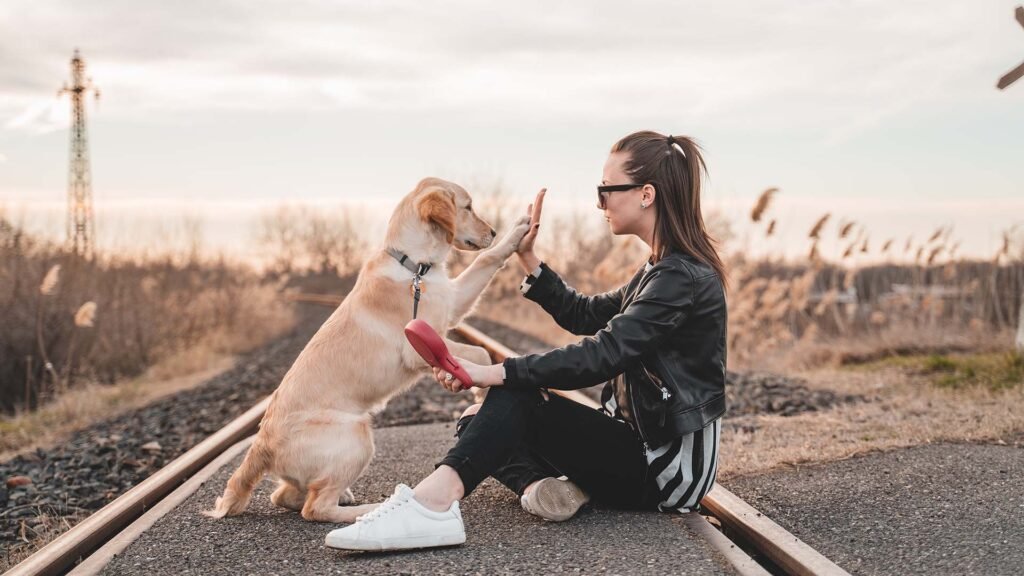
For example, a dog that averts its gaze and tucks its tail is likely to be submissive, while a dog that stands tall with a direct gaze is likely to be dominant. These visual cues can help dogs decide whether or not to approach and interact with another dog.
body language can also affect how well two dogs become friends. Dogs that frequently use affiliative behaviors like leaning, play-bowting, and mutual grooming are more likely to form close bonds with one another.
In Conclusion:
When it comes to friendship, dogs are man’s best friend for a reason. Numerous studies have shown that dogs provide numerous benefits to their owners in terms of physical and mental health, including reducing stress levels, increasing opportunities for socialization and exercise, and improving overall mood and well-being.

The benefits of dog friendship are numerous. Dogs provide us with companionship, love, and loyalty. They help us to stay active and can even improve our mental and physical health. Dogs also teach us important life lessons such as patience, responsibility, and empathy.

